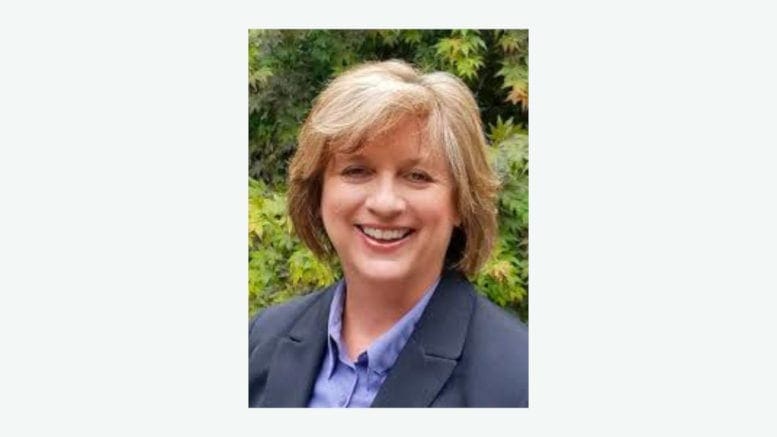By Melanie Dallas, LPC
Mental health awareness has increased greatly as a result of the pandemic. Numerous research studies have found more people of all ages have experienced mental health challenges since 2020 – many perhaps for the first time in their lives. But although awareness has increased, not everyone has the knowledge to recognize the feelings they may be experiencing could be related to mental illness. And even then, mental health remains difficult for many people to talk about, let alone acknowledge it is something they may be struggling with.
As we recognize May as Mental Health Month, this year’s theme – Back to Basics – couldn’t be timelier. So I want to take this opportunity to review some basic facts about mental health and mental illness, what might cause mental health challenges, how to recognize symptoms, and most important, how to get help.
One of the most basic facts – as I’ve written countless times – is that mental illness is much more common than most people realize. One in five people will experience mental illness in their lifetime, and most cases begin in adolescence or young adulthood. While some individuals develop chronic mental health conditions, for many people, mental illness may be temporary. But without treatment, what may have been a temporary illness might instead become a chronic condition. That’s why getting help is critical.
Another basic fact is, while we have learned much about the brain and mental health over the past several decades, researchers still don’t know exactly what causes any individual to develop mental illness. What we do know is there are several risk factors for mental health conditions: trauma (which could be a one-time event or ongoing); an individual’s environment and its impacts on his or her health and quality of life (these are known as the social determinants of health, such as financial stability and access to healthcare); as well as genetics and brain chemistry. Your habits and lifestyle – such as substance use or not getting enough sleep – can also impact your risk of mental illness.
Of course, having any of these risk factors does not necessarily mean an individual will develop mental illness, just as having none of them doesn’t mean you might never experience mental health challenges. What’s important is recognizing the signs that you might be.
Toward that end, if you are concerned about your mental health, there are few simple questions you can ask yourself about your thoughts, feelings and behaviors to see if there is a pattern that may be associated with a mental health condition:
• Have things that used to feel easy started feeling difficult?
• Does the idea of doing daily tasks like making your bed now feel really, really hard?
• Have you lost interest in activities and hobbies you used to enjoy?
• Do you feel irritated, possibly to the point of lashing out at people you care about?
If you answer yes, you may want to take a more detailed assessment – and you can find free, anonymous and scientifically validated assessments at the Mental Health America website at mhascreening.org. Of course, these assessments won’t tell you if you have mental illness, but they are a good tool for talking to your doctor or mental healthcare provider, and perhaps having a clinical screening. This is important too – because getting screened increases the chances of getting treatment.
One of the most important basics is access to community-based primary mental healthcare – which is exactly what Highland Rivers and all of Georgia’s 20+ community service boards provide; other resources in your community are likely easy to find with a simple web search.
Remember, if you are experiencing mental health challenges, you are not alone. Help is available in your community, and the sooner you begin treatment, the sooner you might feel better. And that brings us to the final and most important basic fact: recovery is always possible.
Melanie Dallas is a licensed professional counselor and CEO of Highland Rivers Behavioral Health, which provides treatment and recovery services for individuals with mental illness, substance use disorders, and intellectual and developmental disabilities in a 13-county region of northwest Georgia that includes Bartow, Cherokee, Cobb, Floyd, Fannin, Gilmer, Gordon, Haralson, Murray, Paulding, Pickens, Polk and Whitfield counties.
